“Eating clean” is a commonly used expression in today’s health and fitness culture. From meal prep to shopping lists, we know that a diet of whole, unprocessed foods is key to our efforts to eat healthier and get better fitness results. Yet we don’t give the same focused attention to what we drink. The beverages we consume can have as big an impact on the results we see as the foods we eat, but few people spend much time worrying whether their favorite nitro cold brew is “clean.” Let’s take a look at some of the not-so-clean beverages you may be drinking and some ways to enjoy healthy drinks that support your efforts to be fit.
Juice
Juice comes from fruit, and fruit is a whole food, so what’s the problem? The problem is when you juice an orange or an apple, you remove all the important fiber and nutrients and leave behind one thing: sugar. On top of that, many of the so-called healthier juices like cranberry or vegetable blends have sugar added to improve the taste. Think about it: You would get full before you could make it through 10 apples, and you’d probably make it through only a few cranberries before the tart flavor got to be too much, yet you can easily down an entire glass of juice every morning or add a splash of juice to your favorite cocktail.
 ://www.bodybuilding.com/images/2019/august/are-you-drinking-clean-inset1-700xh.jpg”/>
://www.bodybuilding.com/images/2019/august/are-you-drinking-clean-inset1-700xh.jpg”/>
If you’re truly focused on cutting sugars, you need to 86 that morning cup of juice—or at the very least switch to whole fruit. If your preferred wake-up beverage is the antioxidant kick of green juice, try blending your calcium-rich leafy greens instead of juicing. When you eat the whole fruit or vegetable instead of just the juice, you get the same vitamins and nutrition plus a healthy dose of fiber to start your day. If your morning glass of orange juice is your only source of vitamin C, at least try to reduce the sugar by filling half of your glass with regular or sparkling water and the rest with juice. You’ll get the same flavor and even a little extra fizz with zero calories and half the sugar—a win-win!
Coffee
There’s nothing like a good ol’ cup of joe to start the day, and, thankfully, this is one energy-packed, low-calorie drink that can fit into most fitness plans. Beware of those sugar-free syrups and artificial sweeteners, however. Studies have suggested that artificial sweeteners may actually increase weight gain and interfere with energy regulation.[1] That’s because consuming foods and beverages that have a sweet taste but no caloric impact undermines the consequences of eating sweet foods, leading us to wrongfully believe that it’s OK to eat more. Basically, by putting artificial sweeteners in our coffee, we’ve conditioned ourselves to crave the sweet taste and believe that it has no impact on our waistline—although the opposite is often the case.
 ://www.bodybuilding.com/images/2019/august/are-you-drinking-clean-inset2-700xh.jpg”/>
://www.bodybuilding.com/images/2019/august/are-you-drinking-clean-inset2-700xh.jpg”/>
If you’re really focused on losing weight and trying to cut out as much sugar as possible, your best bet is to keep it out of your coffee. You don’t really need both sugar and caffeine to wake you up, and tasting something sweet first thing in the morning will set you up to crave more sweets later in the day. Give yourself a few weeks and you’ll find that once you cut sugar out of your coffee, you won’t be craving sweet as much as you used to, and your other sugar cravings will likely diminish as well. You can always include low-fat milk or your favorite milk alternative, such as almond milk or soy milk. For a calorie-free java addition, try a sprinkle of cinnamon or nutmeg.
Zero-Calorie Diet Drinks
Diet drinks are anything but diet-friendly, and once again, it’s all about the artificial sugars. While the reduced-fat craze of the ’90s and early 2000s made fat-free and no-calorie options ubiquitous, we are now learning more about the negative side effects of artificial sweeteners.
 ://www.bodybuilding.com/images/2019/august/are-you-drinking-clean-inset3-700xh.jpg”/>
://www.bodybuilding.com/images/2019/august/are-you-drinking-clean-inset3-700xh.jpg”/>
Unfortunately, the full-sugar versions of most popular beverages are just as bad, which means your best bet is to ditch the zero-calorie and sugar-free beverages altogether and sip on unsweetened teas or naturally flavored sparkling water instead. If the craving for soda is strong, there are newer healthy drinks available made with real sugar and natural flavors, and some supplement companies have even developed carbonated pre-workout energy drinks and naturally flavored sports drinks to keep you hydrated. There are also natural beverages like Kombucha, a fermented drink that offers many health benefits. Just make sure you save any high-sugar drinks for pre- or post-workout to get the most out of that extra bump in blood sugar.
Wine
There’s no getting around the fact that alcohol is just empty calories the body has to process, and empty calories, which offer zero nutrition, don’t work well with any serious fitness regimen or weight-loss program. That said, a rewarding glass of red wine after a long week can make for a good time, and there should be a way to enjoy that glass without worrying about what’s in it. Wine is a beverage with ingredients that have been exposed to a lot of weed killers, so to avoid harmful chemicals that may be lurking in your bottle, opt for an organic, nitrate-free vintage when possible. For sugar control, look for an ABV or ALC number on the bottle’s label. Typically, the lower the ABV or ALC number, the fewer calories and sugar it is going to have. And remember: Wine is basically adult grape juice, so if you need to cut calories, you can follow the same rules as described for juice and water down your wine with sparkling water. Cheers!
 ://www.bodybuilding.com/images/2019/august/are-you-drinking-clean-inset4-700xh.jpg”/>
://www.bodybuilding.com/images/2019/august/are-you-drinking-clean-inset4-700xh.jpg”/>
Vitamin Waters
Not all vitamin waters are created equal, and some are loaded with sugar, fructose in particular. This often-used ingredient is the reason vitamin waters have that sweet taste that keeps you coming back for more, but researchers now say that diets high in fructose may contribute to some serious health issues such as metabolic syndrome, heart disease, and type 2 diabetes.[2]
 ://www.bodybuilding.com/images/2019/august/are-you-drinking-clean-inset5-700xh.jpg”/>
://www.bodybuilding.com/images/2019/august/are-you-drinking-clean-inset5-700xh.jpg”/>
Shockingly, one bottle of vitamin water packs 120 calories and 32 grams of sugar. In the US, where it is sweetened with crystalline fructose, it contains as much fructose as a regular Coke. The zero-calorie vitamin waters contain artificial sugars, which can wreak havoc on your diet and harm your long-term health goals. For a cleaner option, create your own vitamin water by adding chopped fresh fruit, lemon, mint leaves, cucumber, a dash of organic fruit juice, gut-friendly apple cider vinegar, green tea powder, or coconut water to your cup. These healthful, all-natural additions are a great alternative to processed sugary drinks and an excellent way to customize your water to create your own favorite flavor.
Want to learn more about nutrition? Take our Foundations of Fitness Nutrition course, available exclusively on Gym2k.com All Access.
References
- Davidson, T. L., Martin, A. A., Clark, K., & Swithers, S. E. (2011). Intake of high-intensity sweeteners alters the ability of sweet taste to signal caloric consequences: implications for the learned control of energy and body weight regulation. The Quarterly Journal of Experimental Psychology, 64(7), 1430-1441.
- Stanhope, K. L., Schwarz, J. M., & Havel, P. J. (2013). Adverse metabolic effects of dietary fructose: results from recent epidemiological, clinical, and mechanistic studies. Current Opinion in Lipidology, 24(3), 198.
Gym2k.com Articles
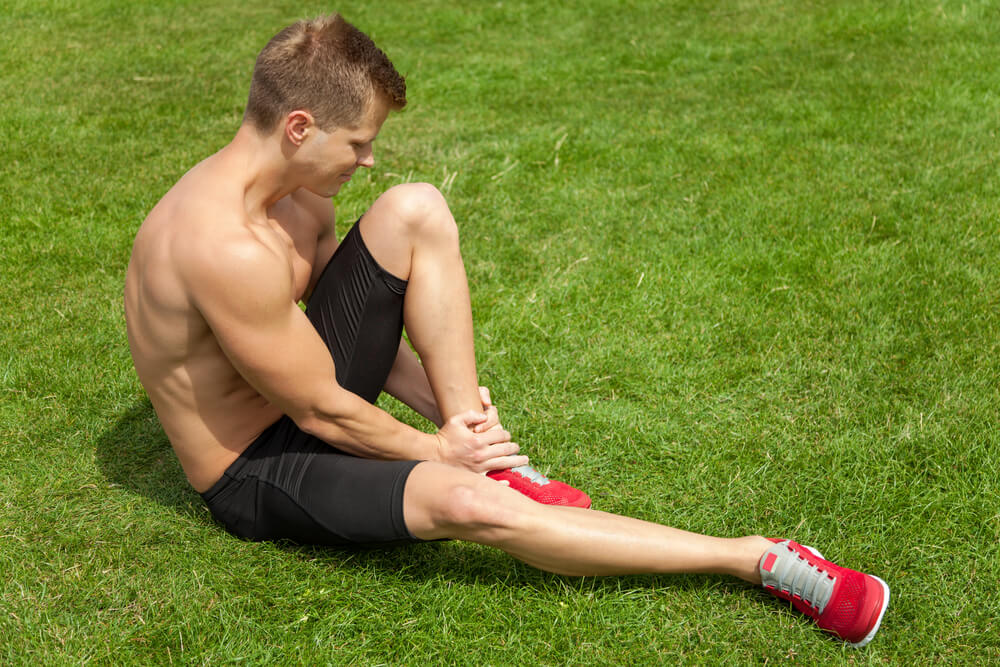
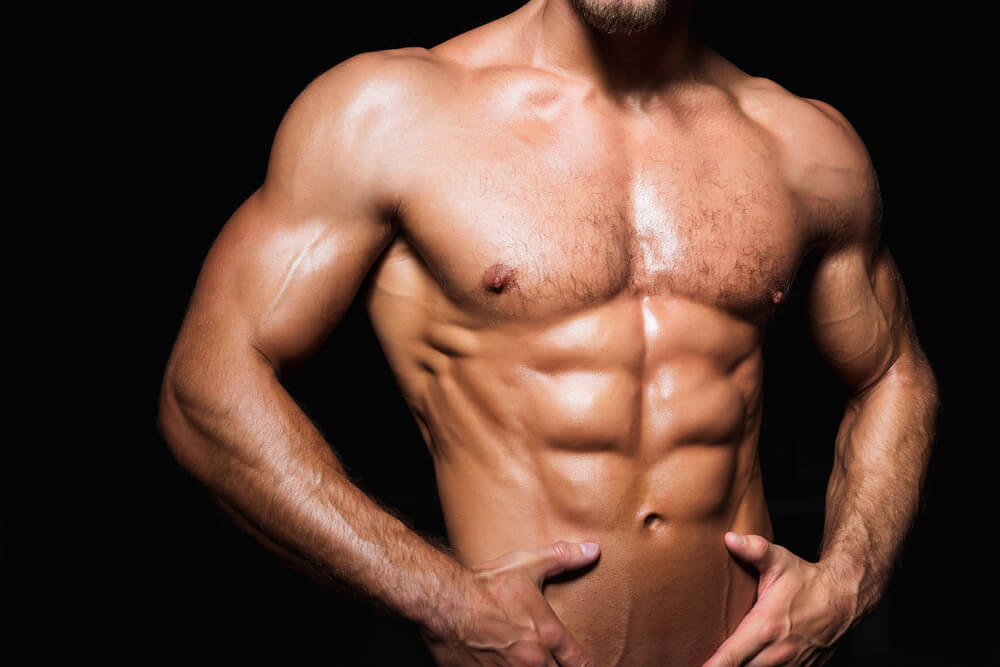
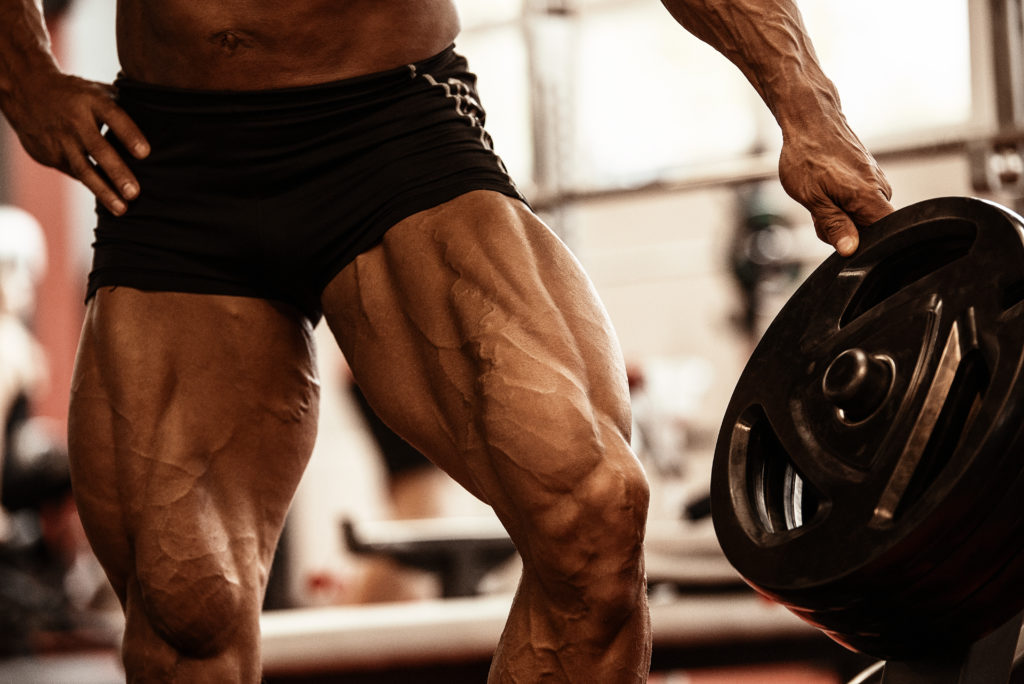
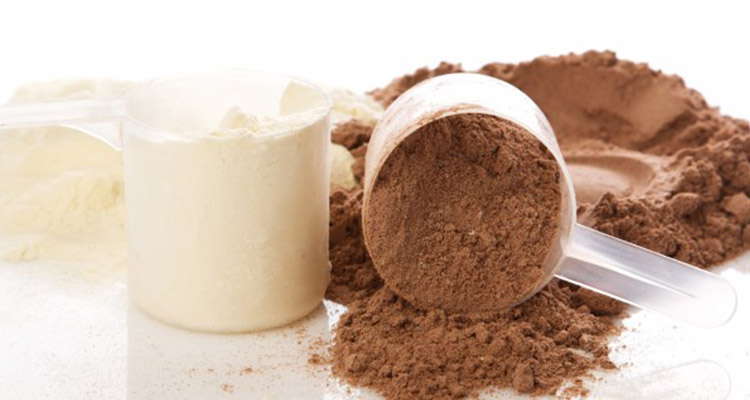
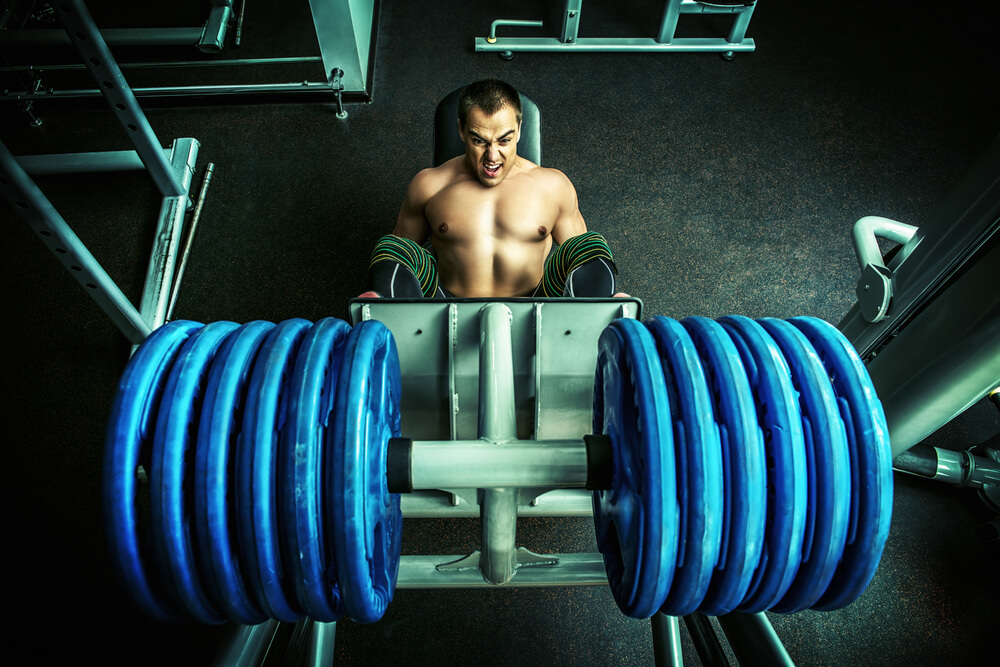

Leave a Reply
You must be logged in to post a comment.